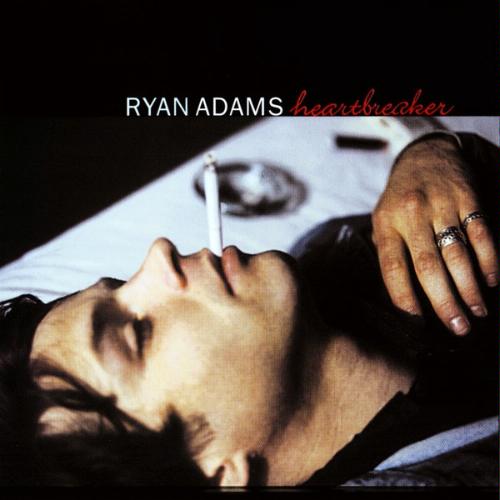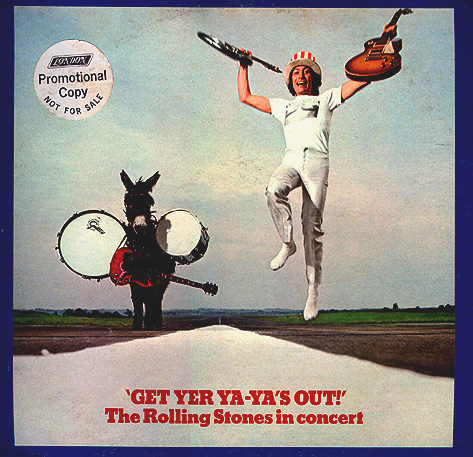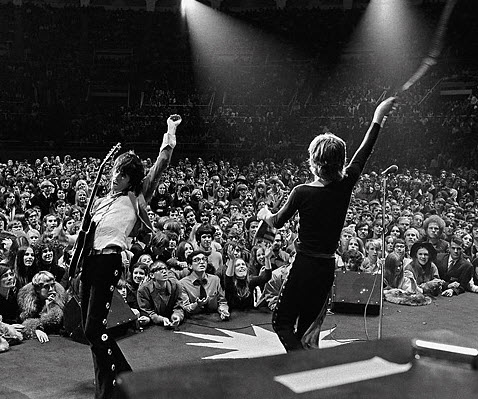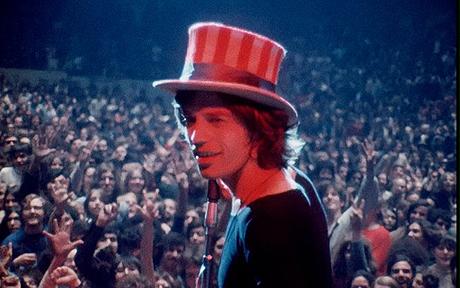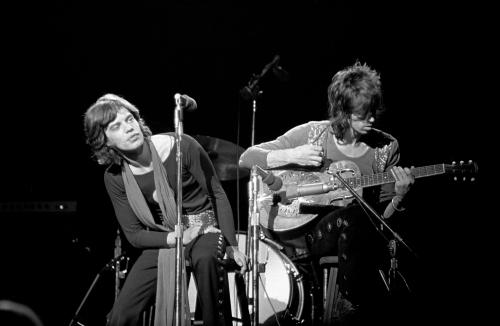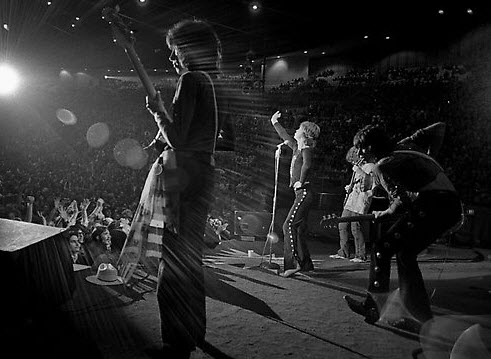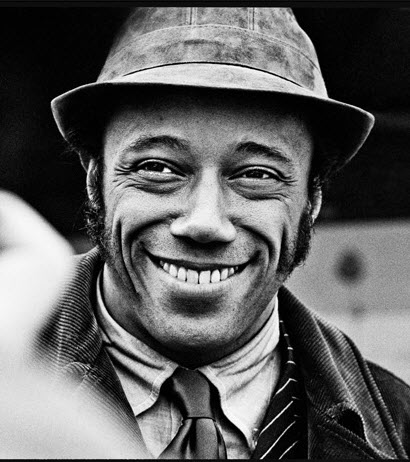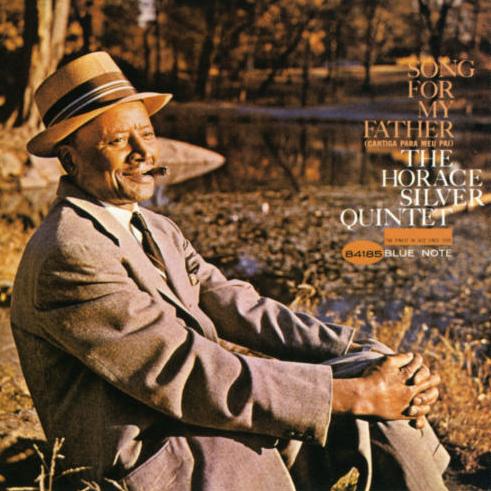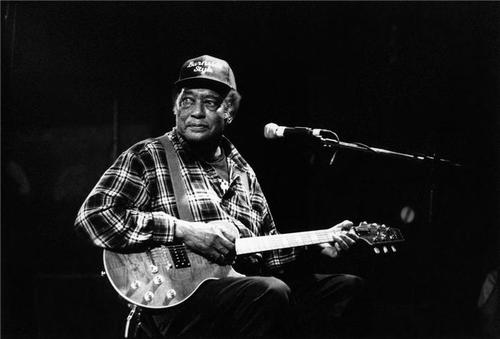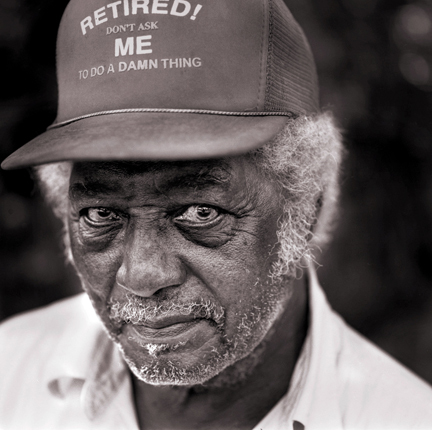“On Heartbreaker, I had to sing those songs. I drank the way I did those songs. I ate the way I did those songs. I communicated the way I did those songs”
~Ryan Adams – Spin Dec 2003“I don’t know if Heartbreaker was influential as a record so much as the idea of it. There weren’t a lot of people out there doing that kind of thing. That’s all. But it was a terrible price to pay because I’ve never lived it down. I don’t regard that record as great art. I’m not even sure I put the right songs on the record. There are a lot of tracks that didn’t make it which with hindsight should have been on there.”
~Ryan Adams – Uncut Jan 2004
From Wikipedia:
| Released | September 5, 2000 |
|---|---|
| Recorded | Woodland Studios, Nashville,Tennessee |
| Genre | Alternative country, country |
| Length | 51:57 |
| Label | Bloodshot |
| Producer | Ethan Johns |
Heartbreaker is the debut studio album by alternative country musician Ryan Adams, released September 5, 2000 on Bloodshot Records. The album was recorded over fourteen days at Woodland Studios in Nashville, Tennessee. It was nominated for the 2001 Shortlist Music Prize. The album is said to be inspired by Adams’ break-up with music-industry publicist Amy Lombardi.
According to Adams, the album’s title originates from a poster of Mariah Carey: “My manager called and said, ‘You have 15 seconds to name this record,’ “My eyes focused on this poster of Mariah wearing a T-shirt that said HEARTBREAKER. I just shouted, ‘Heartbreaker!'”
Critical reception:
The album was considered to be a fresh start for Ryan Adams after the demise of his previous band Whiskeytown.
- Allmusic’s Mark Derning wrote that the album “is loose, open, and heartfelt in a way Whiskeytown’s admittedly fine albums never were, and makes as strong a case for Adams’ gifts as anything his band ever released”, concluding that “the strength of the material and the performances suggest Adams is finally gaining some much-needed maturity, and his music is all the better for it.”
- A.V. Club’s Keith Phipps wrote: “Adams has recorded an intimate, largely quiet record that indisputably establishes his identity as an independent singer-songwriter”.
- Pitchfork Media’s Steven Byrd called it “an album of astonishing musical proficiency, complete honesty and severe beauty.”
- Rolling Stone’s Anthony Decurtis was less enthusiastic, stating that “Adams’ songs too often fail to rise above their plain-spoken details to take on the symbolic power he yearns for”.
From pitchfork’s review (Steven Byrd):
…. Heartbreaker is the soundtrack to the last ten minutes of any relationship you’ve ever watched crumble before your eyes. It’s music for the ruined romantic in all of us. Usually, that little romantic simply sits quietly, tearfully watching everything disappear without so much as a single complaint. But on Heartbreaker, Ryan Adams has not only convinced that voice to speak, he’s taught it to sing. The result is an album of astonishing musical proficiency, complete honesty and severe beauty.
Read more over @ pitchfork
Track listing:
1. “(Argument with David Rawlings Concerning Morrissey)” (An argument regarding the Morrissey track “Suedehead”.)
2. “To Be Young (Is to Be Sad, Is to Be High)” Ryan Adams and David Rawlings
3. “My Winding Wheel”
4. “AMY”
5. “Oh My Sweet Carolina”
6. “Bartering Lines” Ryan Adams and Van Alston
7. “Call Me On Your Way Back Home”
8. “Damn, Sam (I Love a Woman That Rains)”
9. “Come Pick Me Up” Ryan Adams and Van Alston
10. “To Be the One”
11. “Why Do They Leave?”
12. “Shakedown on 9th Street”
13. “Don’t Ask for the Water”
14. “In My Time of Need”
15. “Sweet Lil Gal (23rd/1st)”
Musicians
- Ryan Adams – vocals, acoustic guitar, electric guitar, harmonica, piano, banjo
- Ethan Johns – drums, bass, glockenspiel, B-3, Chamberlain, vibes
- David Rawlings – backing vocals, acoustic guitar, electric guitar, banjo, tambourine
- Gillian Welch – backing vocals, acoustic guitar, electric bass, banjo, “voice of Lucy”
- Pat Sansone – piano (5, 9, 11), Chamberlain and organ (6), backing vocals (2)
- Emmylou Harris – backing vocals (5)
- Kim Richey – backing vocals (9)
- Allison Pierce – backing vocals (11)
—
Uncut Magazine (UK) listed Heartbreaker as no.9 on their “Top 150 Albums of the Decade List”
Continue reading Today: Ryan Adams released “Heartbreaker” in 2000 – 12 years ago

